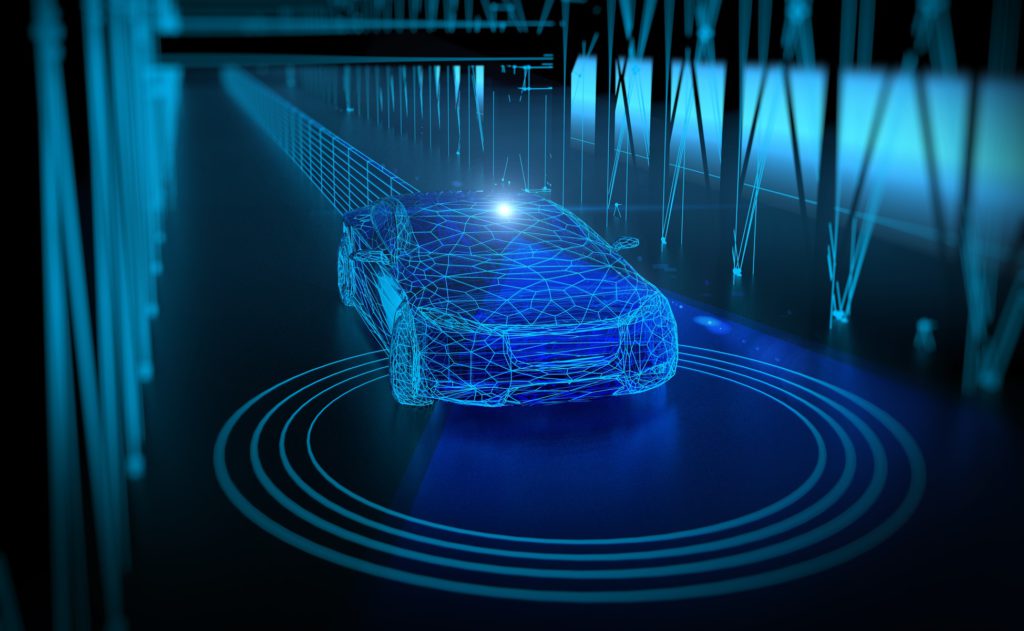Daimler expands its autonomous driving programs in the US and China
11 July 2018

11 July 2018
Vehicle manufacturer Daimler has agreed a deal with supplier Bosch to deploy self-driving taxis in California’s Silicon Valley next year as part of a test program of vehicles designed for city driving.
Few details have been given about the project but the companies say it will offer customers a shuttle service with automated vehicles on selected routes in a Californian metropolis. Daimler Mobility Services is envisaged as the operator of this test fleet and the app-based mobility service.
The pilot project will demonstrate how mobility services such as car sharing (car2go), ride-hailing (mytaxi) and multi-modal platforms (moovel) can be intelligently connected to shape the future of mobility. In addition, the partners have decided on the US technology company Nvidia as the supplier of the artificial intelligence platform as part of their control unit network.
′Developing automated driving to a level ready for series production is like a decathlon. It’s not enough to be good in one or two areas. Like us, you have to master all disciplines. Only then will we succeed in bringing automated driving to the roads and the city safely,’ said Stephan Hönle, senior vice president – business unit Automated Driving at Bosch.
′The decisive factor is to introduce a safe, dependable and mature system,’ adds Michael Hafner, head of automated driving at Daimler AG. ′Safety has the highest priority and is the constant theme of all aspects and development stages on our way to the start of series production. If in doubt, thoroughness comes before speed.’
Vehicle manufacturers and technology companies are racing to develop autonomous vehicles, with primary use of the technology being in the car-share market. Some carmakers have decided the best way to get ahead of the competition is to partner with more established firms, such as Volvo with Uber and Jaguar Land Rover with Waymo.
With their development cooperation on fully-automated and driverless driving in urban environments which began in April 2017, Bosch and Daimler say they aim to improve the flow of traffic in cities, enhance safety on the road and provide an important building block for the way traffic will work in the future. The technology will, among other things, boost the attraction of car sharing. In addition, it will allow people to make the best possible use of their time in the vehicle and open up new mobility opportunities for people without a driver’s licence.
Meanwhile, Daimler has also become the first non-Chinese carmaker to be granted approval to test autonomous vehicles on roads in the country. Beijing has given the manufacturer a permit for autonomous level 4 road use in the capital city after extensive close-course testing, the company said in the statement.
′Automated and autonomous vehicles need international learning material from actual road traffic in order to understand traffic situations and be prepared for different scenarios. We and our Chinese partner, the renowned Tsinghua University, are consolidating our local research and development expertise. The approval obtained only a few days ago to operate fully-automated test vehicles on public roads in Peking provides us with another valuable opportunity to drive our development work in this field forward,’ says board of management member Ola Källenius.